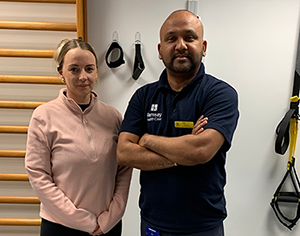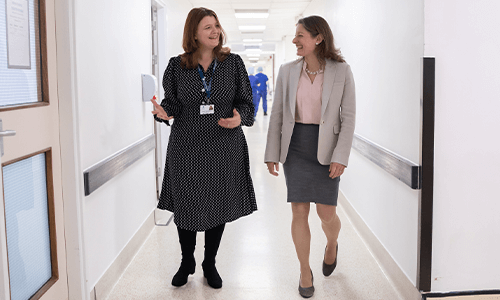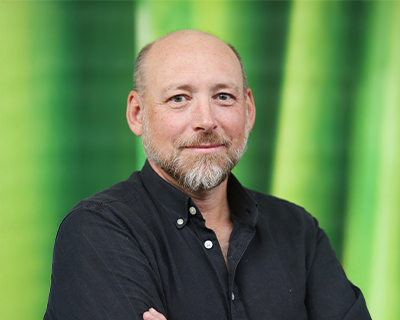Ashtead Hospital Specialists
-
-
-
Professor Omar Khan
Professor Omar Khan is a Consultant General Surgeon at Ashtead Hospital in Surrey who specialises in Weight Loss surgery.
Read more -
Mr Trystan Lewis
Mr Trystan Lewis is a Consultant General and Upper Gastrointestinal Surgeon in Surrey
Read more -
Mr Dhiren Nehra
Mr Dhiren Nehra is a Consultant General and Gastro-intestinal Surgeon at Ashtead Hospital in Surrey
Read more -
-
Mr Nick West
Mr Nick West is a Consultant General Surgeon at Ashtead Hospital in Surrey who specialises in colorectal conditions.
Read more



